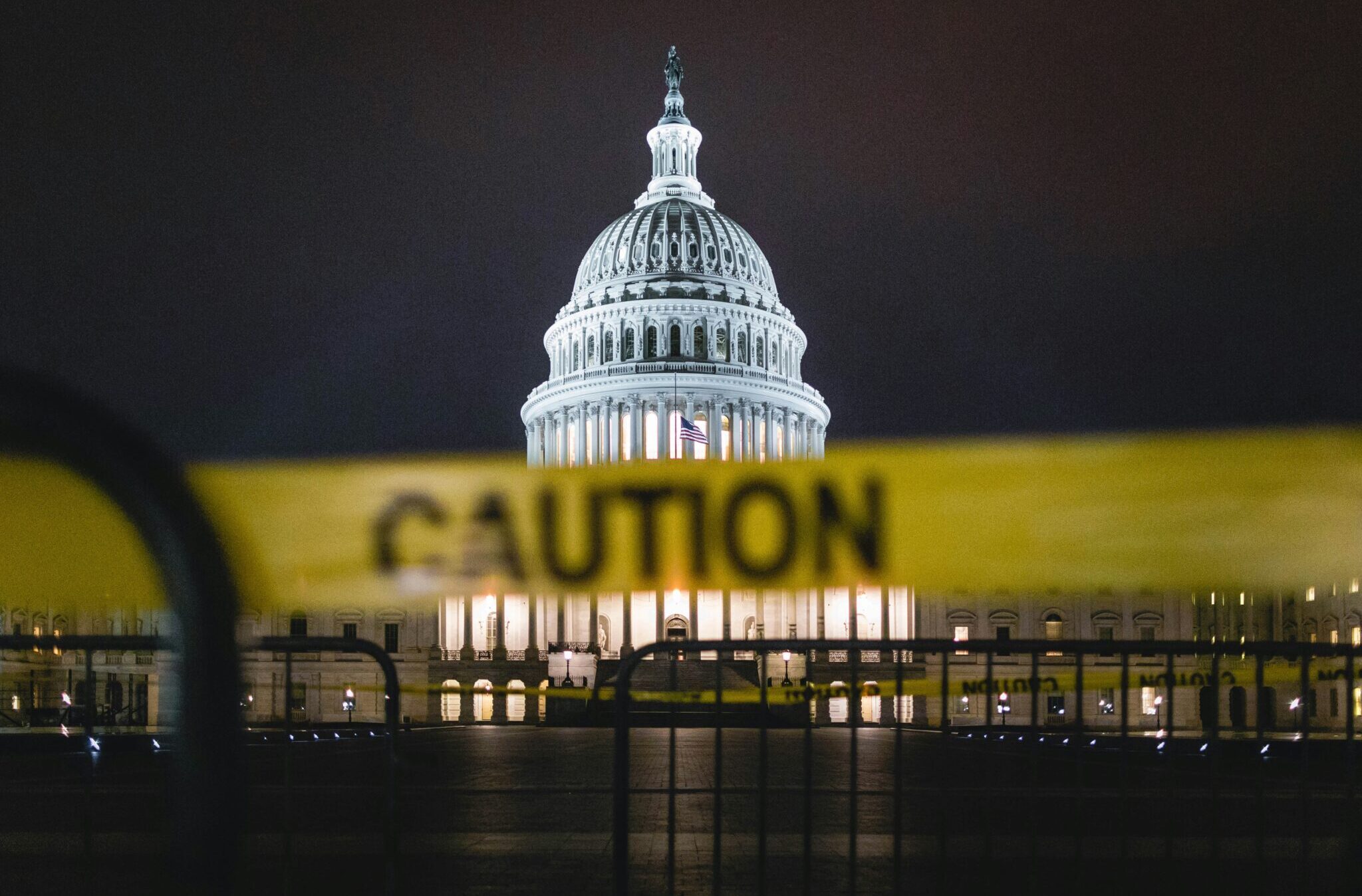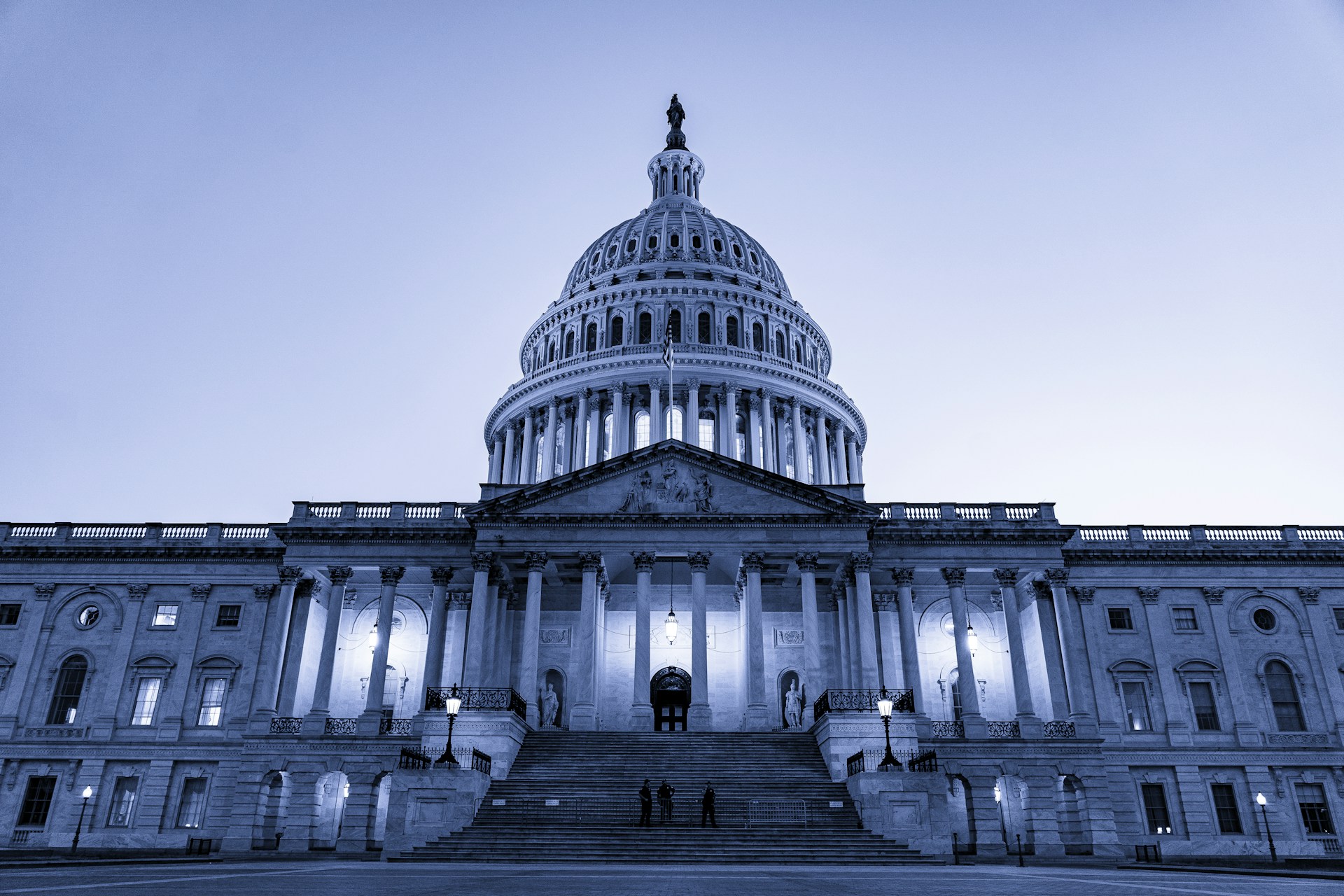Caution! Dangerously high surges of taxpayer subsidized electricity are headed your way! According to the Wall Street Journal and National Public Radio, the Clinton Administration has begun a multi-billion dollar bail-out of a number of rural electric power suppliers who made bad investments.
Recently the Rural Utilities Service of the Agriculture Department forgave $530 million in federal loans to Deseret Generation and Transmission Cooperative, a major western utility, and $982 million of a $1.2 billion loan to the Soyland Power Cooperative in southern Illinois.
News of these giveaways is buzzing through the electricity co-operative (co-op) sector, and others are lining up for their share. In fact, the Administration has begun talks with 19 rural electric coops, four of which have already declared bankruptcy. In total, the federal agency holds more than $50 billion of government guarantees. Of that, $11 billion is in default or problematic, thus putting taxpayers at risk.
Burdened by debt, the electric co-ops face new challenges under utility deregulation. The co-ops were created with the noble intention of providing basic electric service to rural areas during the 1930s. Today nearly 100 percent of rural America has electric service compared to 11 percent when the agency was created. Unfortunately, due to poor investments, including nuclear power in the 1970s and 80s, some co-ops also accrued large debts. Now the federal government has decided to bail them out.
Behind this taxpayer rip-off is the “power”-ful special-interest lobby group, the National Rural Electric Cooperative Association, which successfully pushed for a provision in the 1996 farm bill. The small and obscure provision short-circuits taxpayers by allowing the Agriculture Secretary to forgive loans without the approval of the Attorney General.
Happy Anniversary!
Happy tenth anniversary to the 1986 amendments to the Qui Tam law that allows citizens to bring suit if they know of fraud against the government — and sometimes to share in the savings. The law was originally enacted by “Honest Abe” Lincoln to stop rip-offs in the Civil War. While Qui Tam was later gutted, the 1986 amendments brought it back to life. Taxpayers Against Fraud, the False Claims Act Legal Center estimates that the 1986 amendments will save $24 billion by FY 2006 and have deterred billions more in fraud. Info: TAF, (202) 296-4826.










